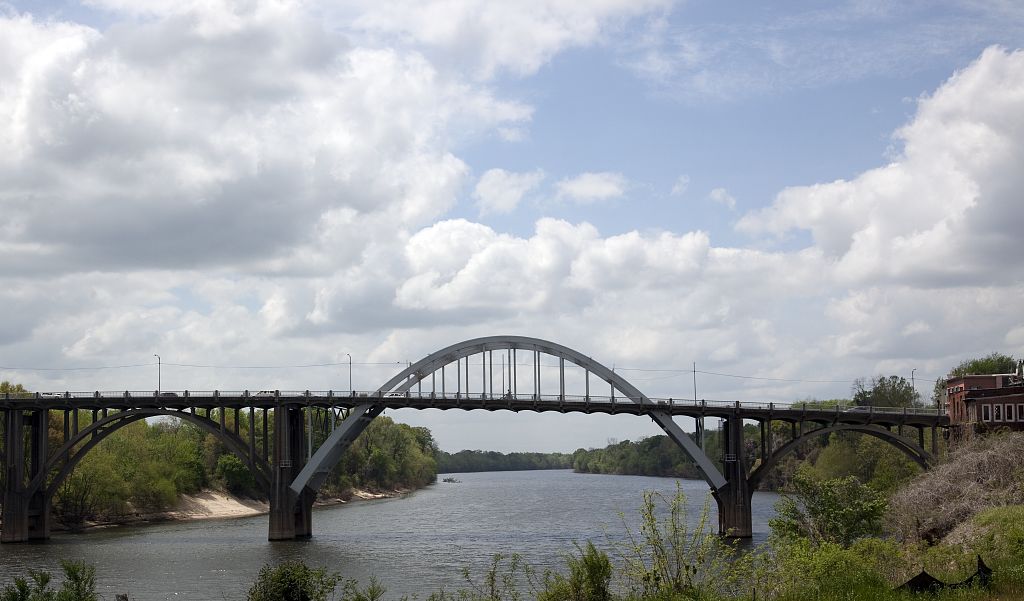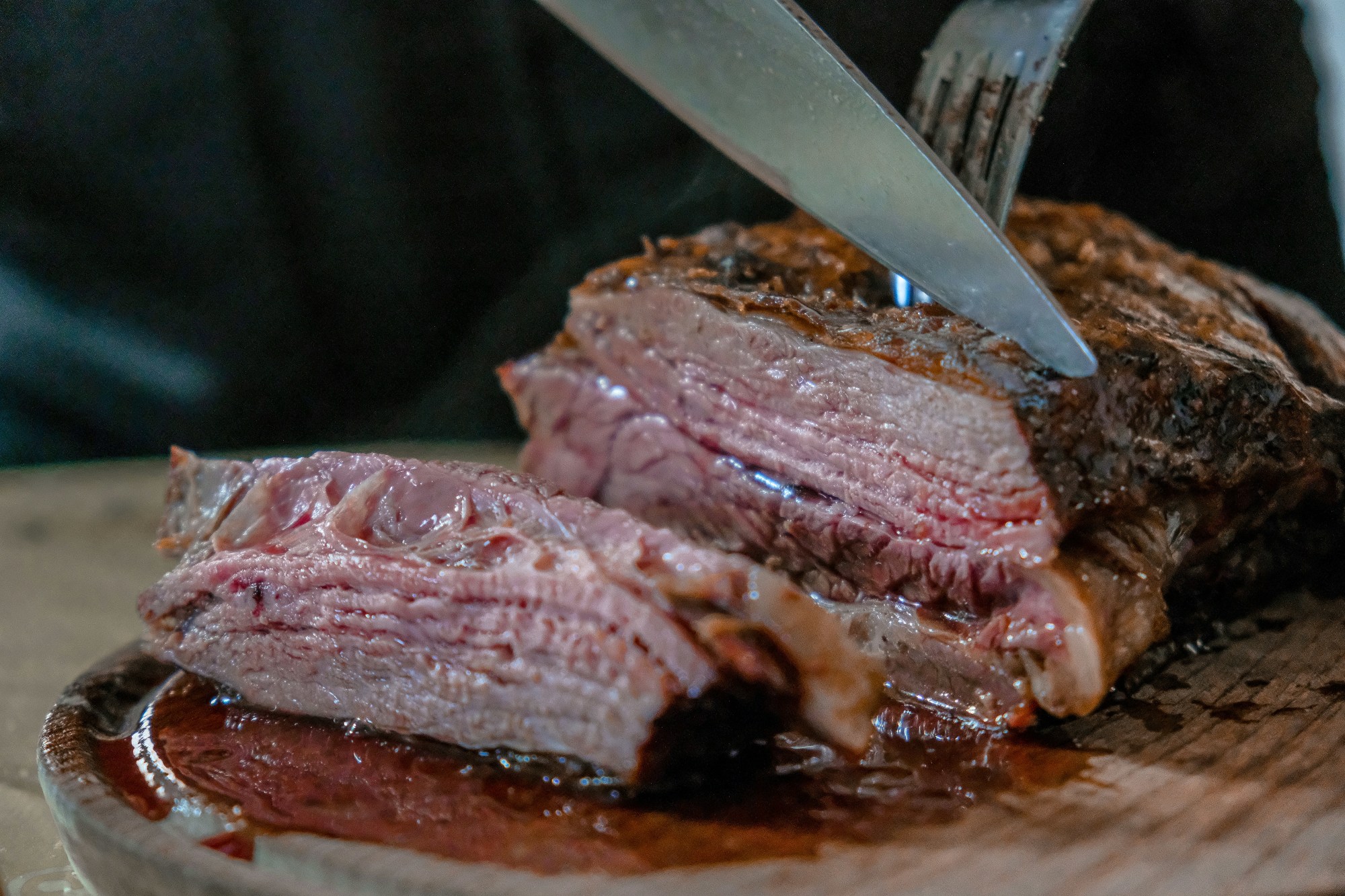
Curator’s statement
Selma, Alabama, stands as a beacon of American history, symbolizing the struggle and triumphs of the civil rights movement. This historic city, located on the banks of the Alabama River, invites visitors to walk in the footsteps of heroes on the iconic Edmund Pettus Bridge, scene of the pivotal 1965 Selma to Montgomery marches. Beyond its profound historical significance, Selma offers a rich tapestry of cultural heritage, with its antebellum homes, museums and churches that tell stories of resilience and courage. As you explore the city's streets, you'll discover a community that honors its past while looking forward to the future. Join us in Selma, where every corner tells a story of bravery, sacrifice and the ongoing journey toward equality.
The Fora Difference
Book with Gillian to access exclusive perks and experiences on your trip.
Killer perks
Free upgrades, spa credits and more—we got you
Personalized recs
Customized travel planning for your style
Insider knowledge
Expert advice from people who’ve actually been there
Where to stay in Selma, Alabama
Unlock perks by contacting Gillian to book your trip.
Things to do in Selma, Alabama

Carol M. Highsmith
Edmund Pettus Bridge: Walk across this iconic bridge, a pivotal site in the civil rights movement, where the Bloody Sunday march occurred in 1965. This National Historic Landmark symbolizes the fight for voting rights and is a must-visit for those looking to understand America's civil rights history.
National Voting Rights Museum and Institute: Located near the Edmund Pettus Bridge, this museum is dedicated to preserving and telling the story of the struggle for voting rights in America. Exhibits focus on the events of Bloody Sunday and the Selma to Montgomery marches, featuring personal stories, artifacts and photographs.
Selma Interpretive Center: Start your visit here to learn about the Selma to Montgomery National Historic Trail. The center offers comprehensive insights into the marches of 1965 through interactive exhibits and educational programs. The Selma Interpretive Center will remain closed to the public due to construction until fall 2025.
Brown Chapel AME Church: This historic church served as a starting point for the Selma to Montgomery marches and is a critical site in the civil rights movement. Visitors can explore the church and learn about its role in organizing civil rights activities.
Old Depot Museum: Discover Selma's rich history beyond the civil rights movement at this museum, housed in a 19th-century railway depot. The museum's collections include Native American artifacts, Civil War relics and exhibits on the city's industrial and cultural history.
Live Oak Cemetery: Stroll through this peaceful cemetery, which is part of Selma's Historic District and serves as the final resting place for many important figures in Alabama's history. The cemetery is noted for its beautiful live oaks and historic monuments.
Selma's Historic District: Take a walking tour of Selma's Historic District to see well-preserved examples of antebellum and Victorian architecture. The district includes stately homes, churches and buildings that tell the story of Selma's past.
Sturdivant Hall Museum: Visit this magnificent antebellum mansion, which is a museum showcasing period furniture, art and historical artifacts. The mansion is often cited as one of the finest examples of Greek Revival architecture in the South.
Selma Art Guild Gallery: Explore local art at the Selma Art Guild Gallery, where works by local artists are displayed in a variety of mediums. The gallery hosts regular exhibitions, workshops and events, promoting the arts in the Selma community.
Vaughan-Smitherman Museum: This historic building has served many purposes over the years, including as a hospital during the Civil War and later as a school. Now a museum, it offers a glimpse into Selma's multifaceted history through its exhibits.
Riverfront Park: Enjoy the outdoors at Riverfront Park, located along the Alabama River. The park is a great spot for picnics, fishing and enjoying scenic views of the river, and it hosts various community events throughout the year.
Annual Bridge Crossing Jubilee: Participate in or witness the annual Bridge Crossing Jubilee, which commemorates the civil rights marches with a series of events including workshops, a parade and the symbolic crossing of the Edmund Pettus Bridge in March. This event attracts visitors and speakers from around the country, celebrating the progress made and acknowledging the ongoing struggle for civil rights.
Day Trips
Montgomery, AL: About an hour's drive from Selma, Montgomery is rich in civil rights history and Southern culture. Visitors can explore the Civil Rights Memorial, the Rosa Parks Museum and the Alabama State Capitol.
Birmingham, AL: Roughly an hour and a half drive from Selma, Birmingham offers a variety of attractions, including the Birmingham Civil Rights Institute, the Birmingham Museum of Art and Vulcan Park and Museum.
Tuscaloosa, AL: Located about an hour and a half from Selma, Tuscaloosa is home to the University of Alabama and offers attractions like the Alabama Museum of Natural History and the Tuscaloosa Riverwalk, along with SEC football games in the fall.
Places to eat & drink in Selma, Alabama

Lannie's Bar-B-Q Spot: A local favorite for authentic Southern barbecue, Lannie's serves up slow-cooked ribs, pulled pork and all the classic sides in a casual setting.
The Downtowner: A staple in Selma for years, offering a variety of dishes from classic Southern fare to more contemporary American options, all in a cozy, welcoming environment.
Tally-Ho: A fine dining establishment famous for its New York strip steak, seafood and elegant atmosphere, Tally-Ho is perfect for a special night out.
The Coffee Shoppe: Not just for coffee, this café also offers a selection of sandwiches, pastries and breakfast items, along with a warm and inviting atmosphere for relaxing or working.
Sam’s Southern Eatery: Sam's Southern Eatery is renowned for its generous portions of Southern and seafood dishes, offering a casual dining experience with a focus on quality and flavor.
The Sandbar: The Sandbar offers a diverse menu and outdoor seating with river views, making it a popular choice for those seeking a friendly, casual dining experience with a scenic backdrop.
Queen City Kale: Queen City Kale is a health-focused eatery offering a variety of fresh, nutritious dishes, including kale-based salads and smoothies, catering to health-conscious diners.

Travel Advisor
Gillian Spatz

Get in touch with Gillian
Did you like this guide? Reach out to customize and book your own experience. Or, just to chat about travel in general.
You can expect a response from Gillian within 1–2 business days. You’ll also be subscribed to our traveler newsletter (you can unsubscribe at any time).
Looking for more travel inspiration? Check out my guide, Exploring Philadelphia: A City of History, Culture, and Culinary Delights.
This guide is part of our ongoing series on travel to Alabama.